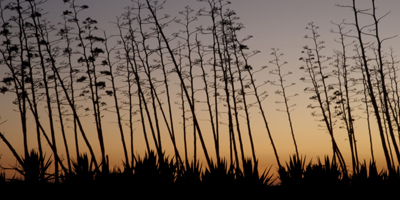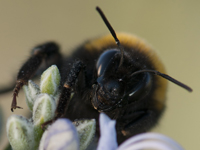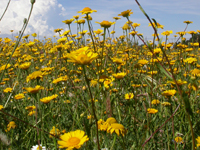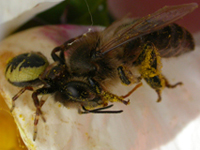Miguel A. Rodríguez Gironés

I am particularly interested in looking at the dark side of plant-pollinator interactions: to what extent are floral traits shaped to keep parasites at bay? To answer this question we integrate several approaches: analytical and simulation models, laboratory and field experiments. The topics we cover are equally diverse, spanning from individual foraging decisions to the structure of pollination networks, from the psychophysics of colour vision to the effect of ambush predators on plant-pollinator interactions.



With a broader perspective, the question that underlies most of my research is how conflicts between interacting individuals are solved. I have addressed this question in a number of different contexts, such as parent-offspring conflict, brood parasitism, predation or sexual conflict. And I quite willingly jump into any new project that sounds fun.




